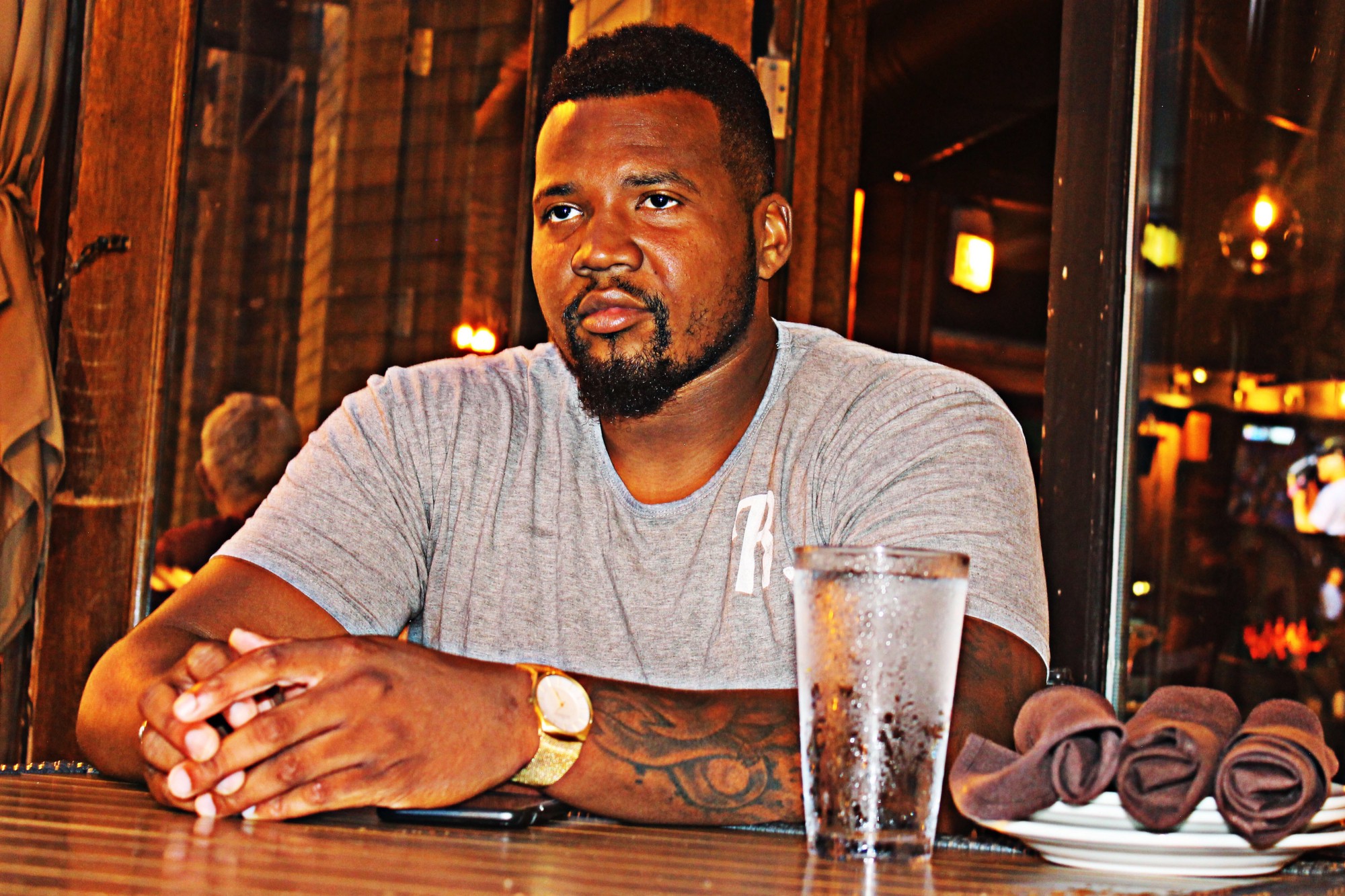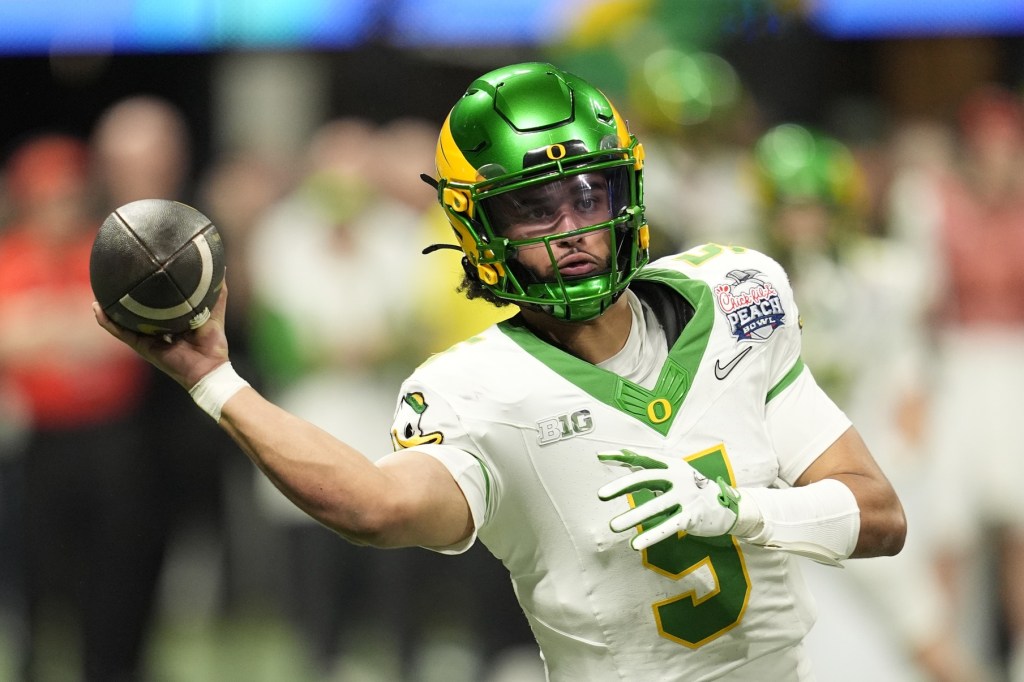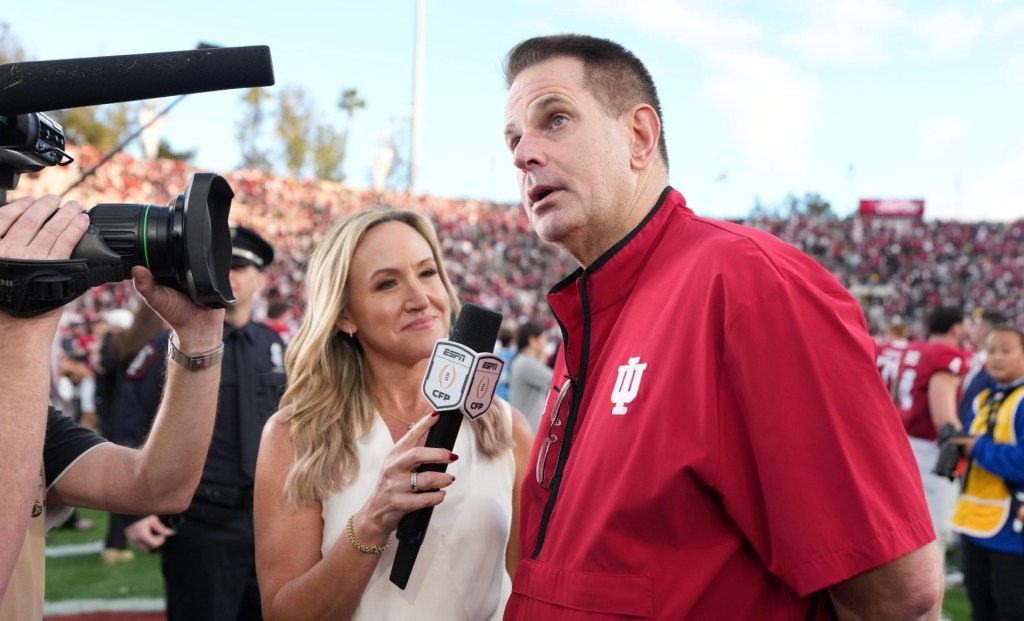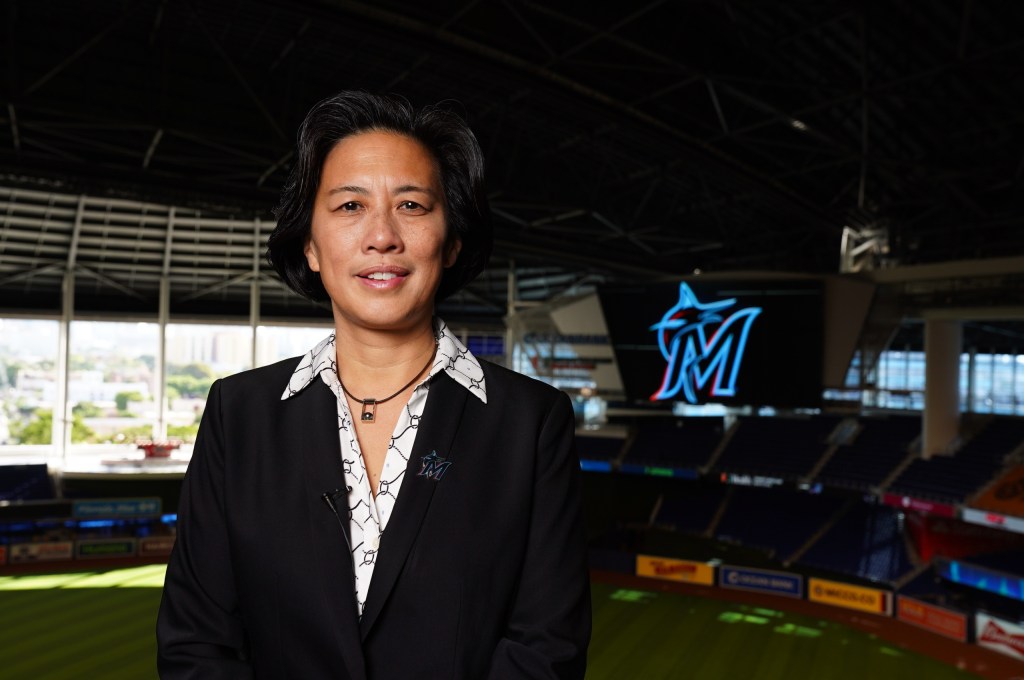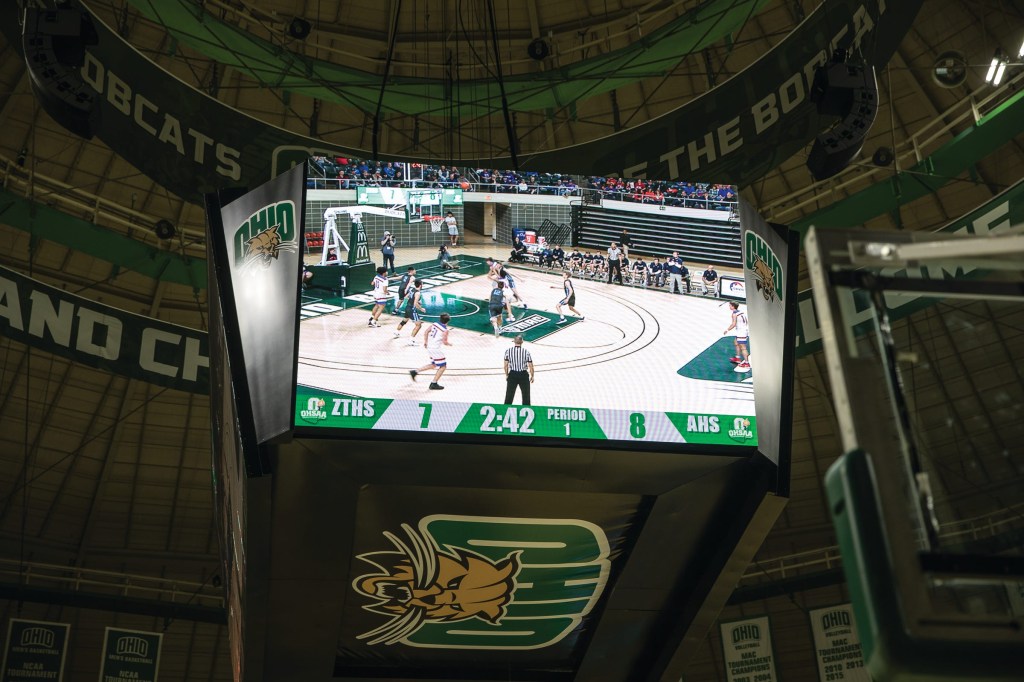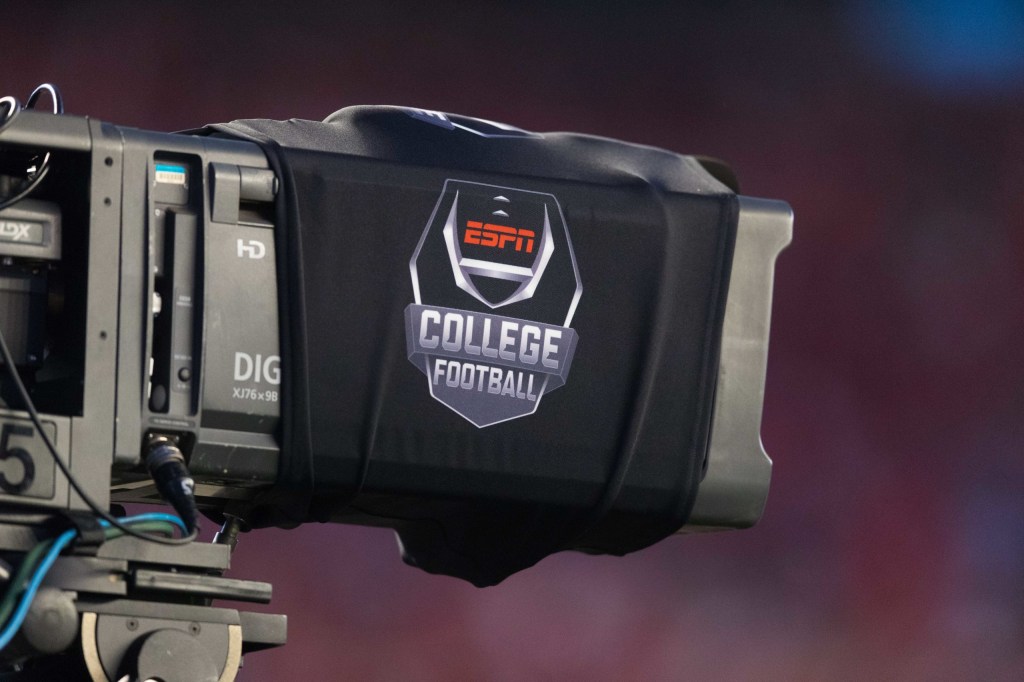Arthur Ray, Jr.’s journey to finding inner peace after football.
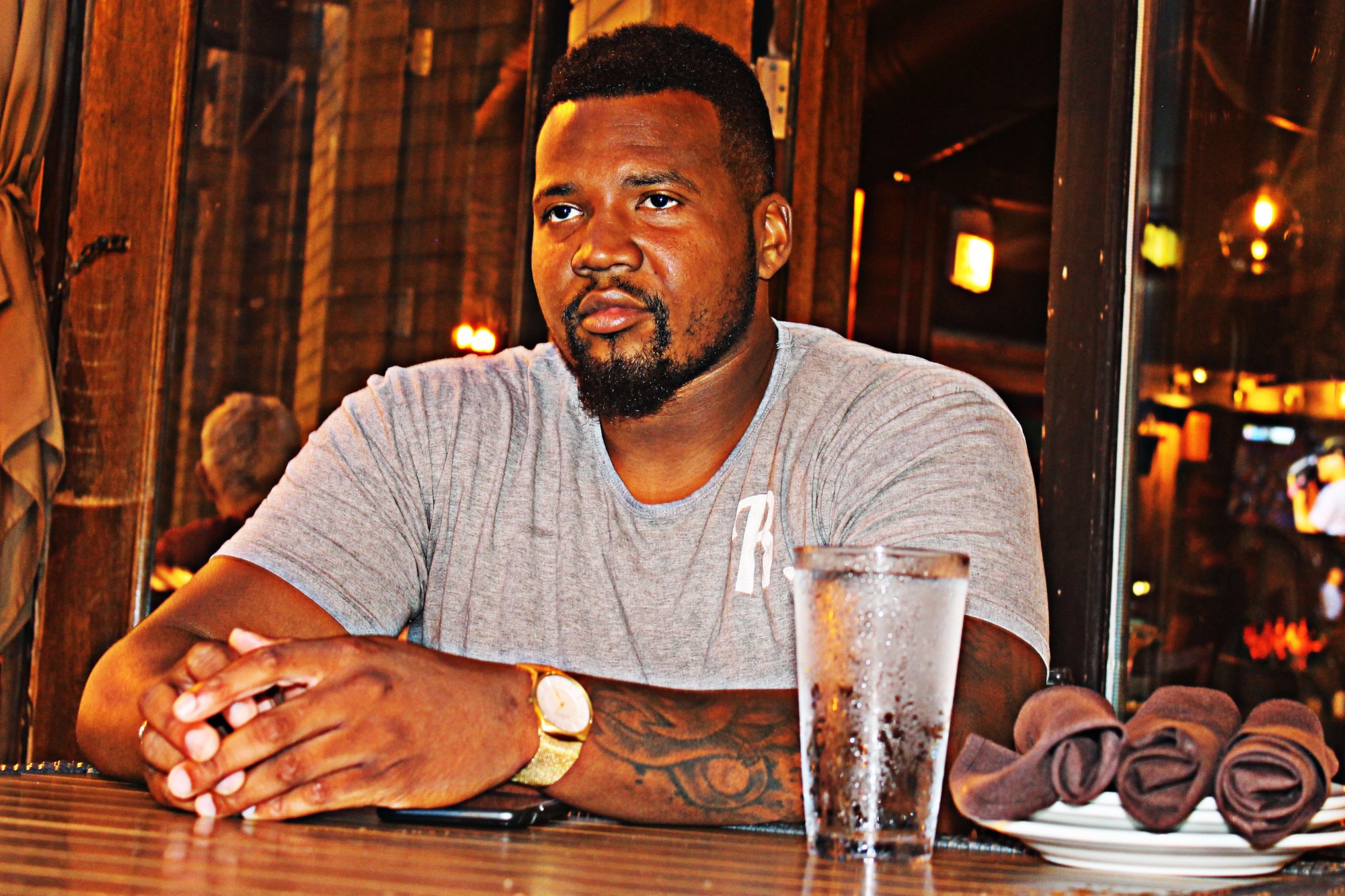
Sometimes the thing in life that screws us up the most is the idea of how we think our life should be. So an ordinary person could understand how after being named a High School All-American, after receiving over 30 scholarship offers to major football programs, after finally committing to play at Michigan State, and after knowing you’re one step away from the NFL, that being diagnosed with bone cancer a week after national signing day could screw you up.
But Arthur “L.A.” Ray Jr. is no ordinary person.
After his diagnosis with cancer in February 2007, Ray spent the next four years in and out of surgery and it wasn’t until 2011 that he was finally cleared to play football at Michigan State; four years after he initially signed with the school.
Fortunately for Ray, after graduating with a degree from Michigan State in Communications, the NCAA granted him two additional seasons of eligibility and he transferred to Division II Fort Lewis in Durango, CO. Ray became team captain in 2013 and 2014 and his exceptional seasons and post season workouts earned him an opportunity to report to the Miami Dolphins in 2015.
After spending three months with the Dolphins, Ray decided to end the pursuit of his dream of playing in the NFL.
“There were a lot of factors that went into my decision to no longer pursue football. At the time, a lot of teams were afraid that I would injure myself again, and anytime there’s money involved, that’s a tough decision for an organization to make.”
But even though he has hung up his cleats, Ray has still managed to stay close to the game of football.
He’s currently a high school coach at De La Salle Institute in Chicago, IL and has created a Lineman Academy that focuses on providing skill training to lineman in the Chicagoland area.
“During my first year post football, I noticed that there were skills clinics for quarterbacks, receivers, etc. but there wasn’t anything for big guys like me. I thought there was a void that I could fill so I decided to start my Lineman Academy.
However, Ray admits that coaching high school kids is the last place he thought he’d be. “Coaching and my lineman academy is what gets me excited in the morning. Doing that fulfills me. When I was in college, my coach used to say that at least one of us would be a coach in the future. I used to turn to my teammates and was like, ‘Nope, not me!’ And now I laugh because I’m coaching and right where I need to be.”
When he’s not motivating minds at De La Salle, Ray can be found touring the city as a motivational speaker, promoting his new book Guide to Rare: How to Ignite The Power Already Within You, or brainstorming ways to promote the new lifestyle brand that he co-created with former Michigan State teammate, and close friend, Jordan Benton.
“Rarity Lifestyle is a lifestyle brand whose mission is to inspire artists, athletes, and other creatives to cultivate their confidence and passion while constantly improving their mind, body, and spirit. The music, clothing, and services that we produce are all made with the mission to inspire others to be the best version of themselves.”
And as a budding entrepreneur, Ray acknowledges that it was the skills he learned during his time as an athlete and his resiliency that gave him the edge when pursuing his current business ventures.
When asked to describe his overall athletic experience in four words, Ray said: “Handle. Adversity. With. Intensity. — A lot of people told me that I would never play again after I became sick. I had a lot of obstacles that were thrown my way. It’s crazy how much I had to overcome to get to where I’m at today. But despite all of those obstacles, I never quit. I never gave up. And I had a goal (playing in the NFL) and I never stopped fighting for it no matter what.”
In fact, it’s Ray’s past experience with overcoming obstacles that has sparked a desire to use his platform as a former athlete and as a leader in his community to tackle one of the largest issues facing athletes today; mental illness.
“If I could tackle any world problem, I would love to tackle mental illness. It’s really hard for someone to overcome the hurdles that life consistently throws at you. And many times, if you get over one hurdle, then two more come your way. Then you get over those two and then you have three more on deck. Not being able to respond well to life’s changes can cause depression and I would love to help people fight through that.”
Ray admits to having struggled with both depression and anxiety after his transition to “normalcy” post football. Like many other athletes, he struggled with the “Who Am I?” question and even admitted to being in a state of severe shock for the first few months after he stepped away from the game.
“The day I left the Dolphins, I sat in my parents’ basement and asked myself repeatedly: ‘Who am I besides a football player?’ As an athlete we are so goal oriented. Everything has a goal. We think ‘Man I worked hard, why did this happen to me?’ Everybody tells you to work hard, but nobody tells you that hard work doesn’t always work out. And that concept was really hard for me to grasp.”
Ray believes that the largest barrier to diagnosing and treating mental health disorders is the stigma associated with the topic and he has committed to doing his part to helping remove that stigma. “The more I share my story, the more people I can reach and the more people I can help. As I’ve gotten older, I’ve embraced my testimony because I never realized how much I could help people by sharing my story.”
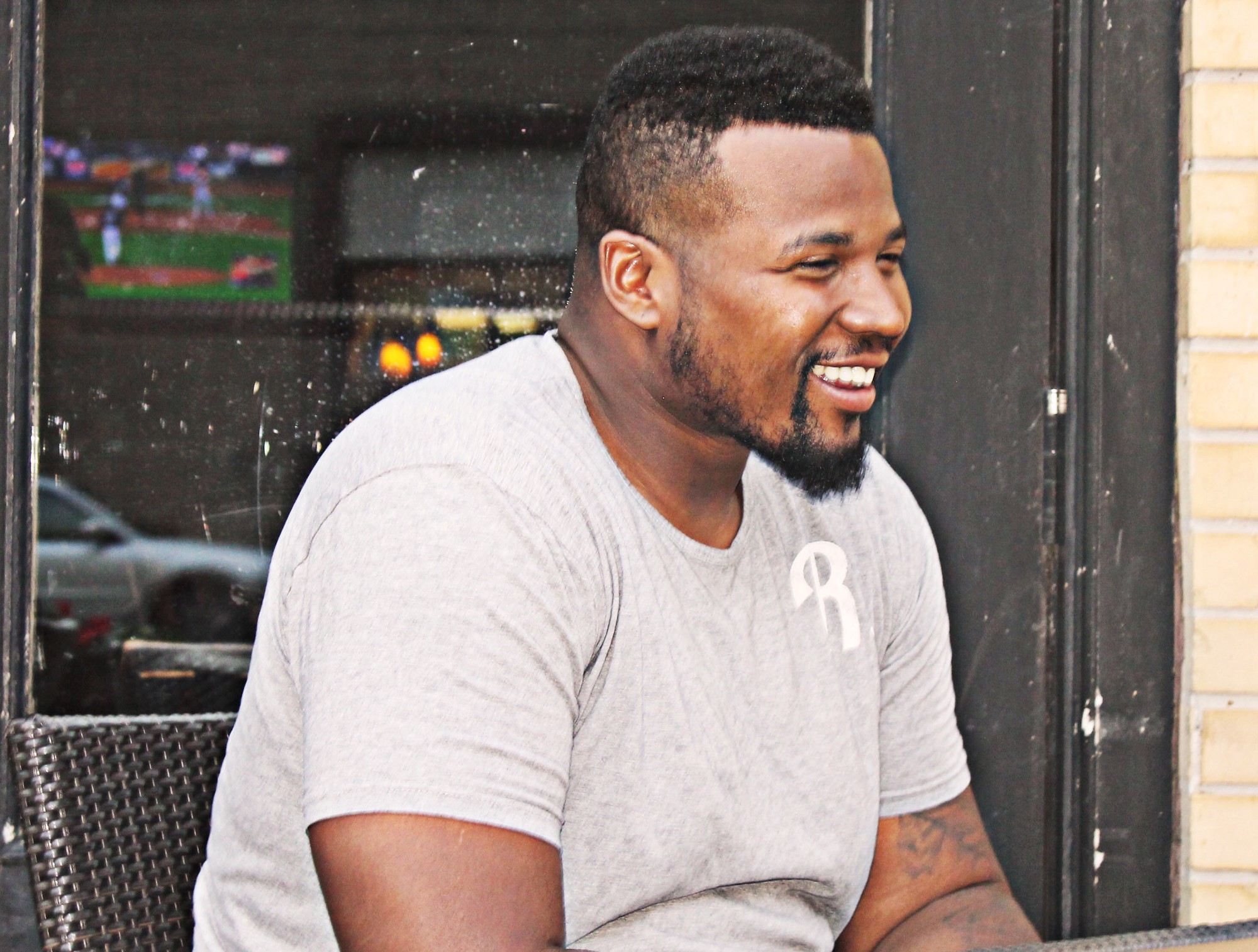
When asked if depression and anxiety were things that he still struggled with, Ray wasn’t afraid to admit that they were. However, he now regularly incorporates meditation and mindfulness techniques into his daily routine and instead of using his energy to long for the game he used to play, he now spends his energy leveraging the skills he learned as an athlete to ensure success in his multiple arenas of business. And to Ray, success is something that is a constant work in progress, and unlike his athletic career, doesn’t have a set goal.
“Right now, I’m working for success. And I’m saying that in a broad sense because I’m not sure exactly what that looks like. For the first time in my life, I’m enjoying just flowing. Being an athlete, there’s always a point to what you’re doing. There’s always something that comes next. So now I ask myself every day, what’s the point? What comes next? And right now the only answer I have for those questions is that I’m going to continue to put good energy out into the world. I’m going to continue to help people. And I’m going to continue to pursue my passions, and whatever comes of that will be alright with me.”
I would like to thank Arthur “LA” Ray, Jr. for taking the time to share his story with me. Be sure to connect with this leader on Twitter (@CoachLA73) or on LinkedIn (https://www.linkedin.com/in/arthur-ray-jr-71b25951 )!
Interested in learning more about Arthur Ray, Jr.? Check out a behind the scenes look at my interview with him on my blog, Secondary Break: https://www.ellegraceconsulting.com/secondary-break/arthurrayjr.
This piece has been presented to you by SMU’s Master of Science in Sport Management.
Front Office Sports is a leading multi-platform publication and industry resource that covers the intersection of business and sports.
Want to learn more, or have a story featured about you or your organization? Contact us today.
